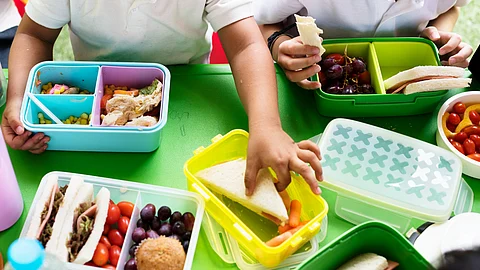In the largest incident yet, at least 365 people, primarily students, suffered food poisoning after consuming free school lunches in Sragen, Central Java, Indonesia, on August 14, 2025. Symptoms included severe stomach pain, headaches, and diarrhea, prompting an immediate suspension of meals from the implicated central kitchen and lab testing of food samples. The government has pledged to cover all medical costs, highlighting ongoing challenges in President Prabowo Subianto's flagship nutrition initiative launched in January 2025.


